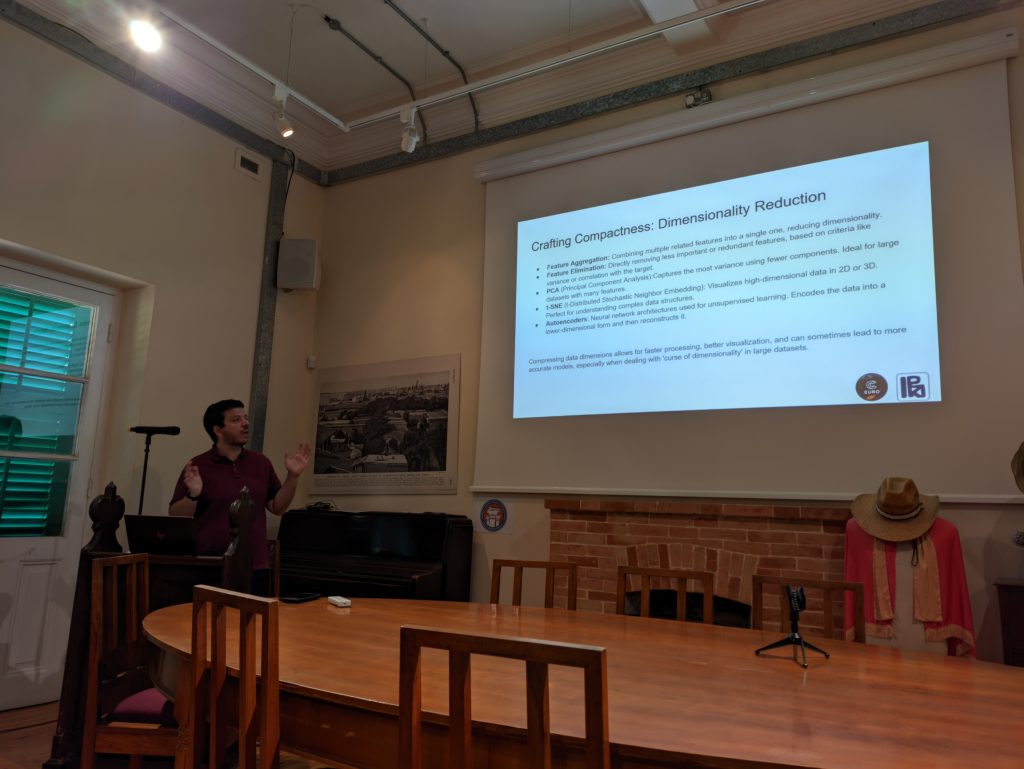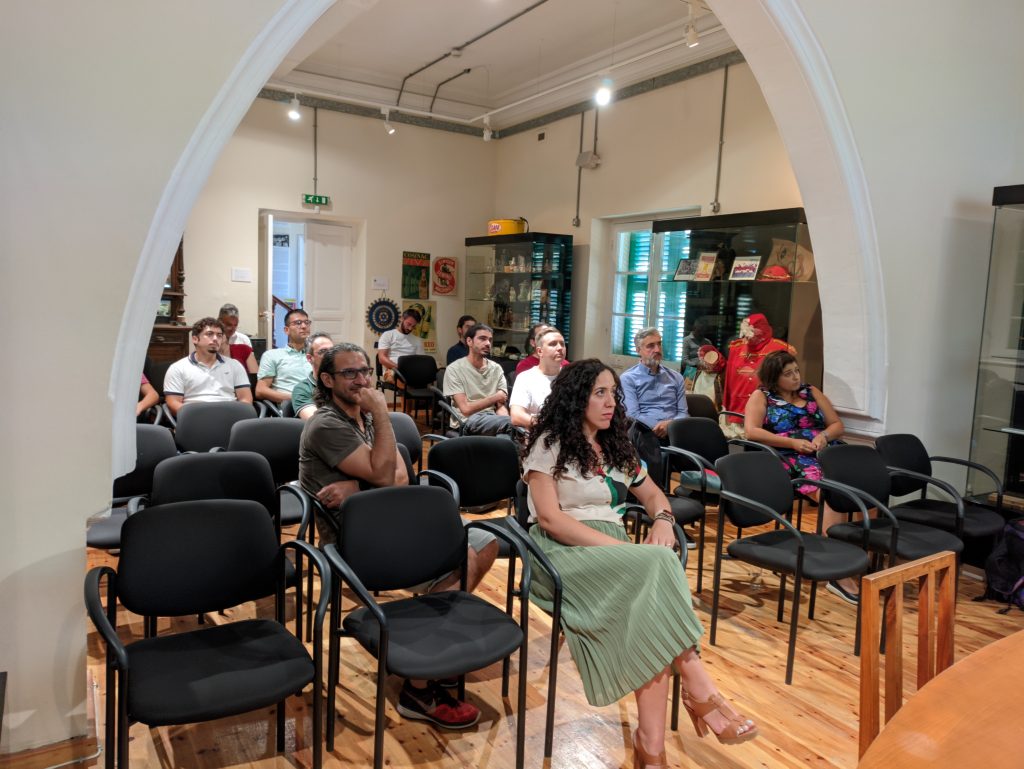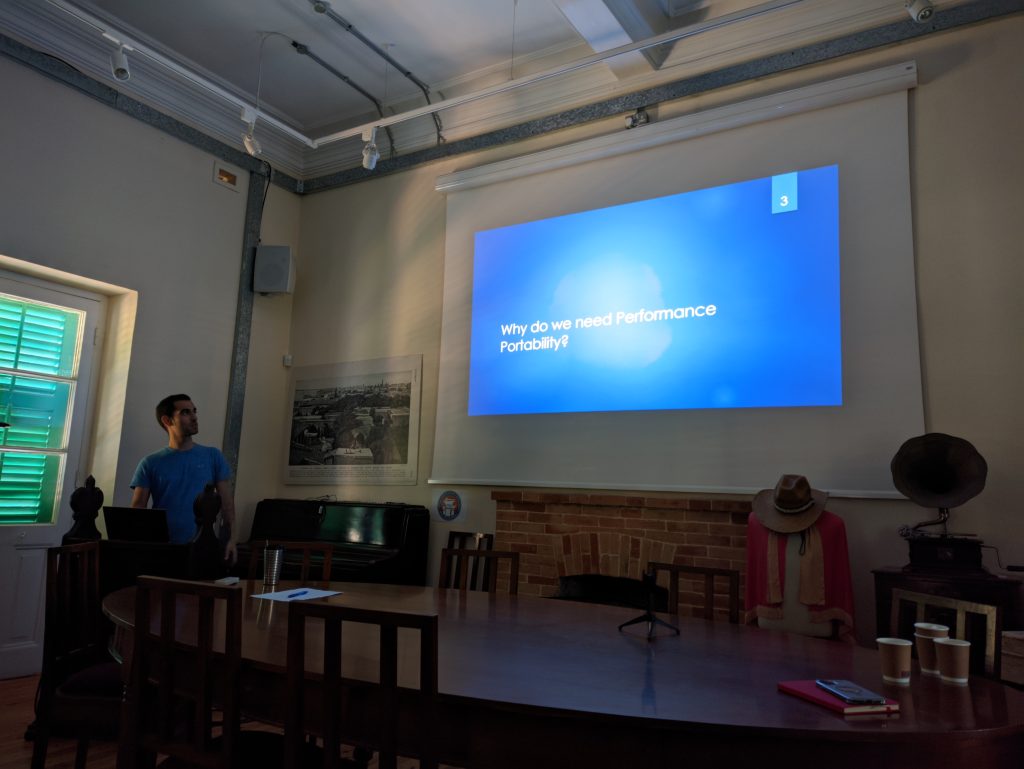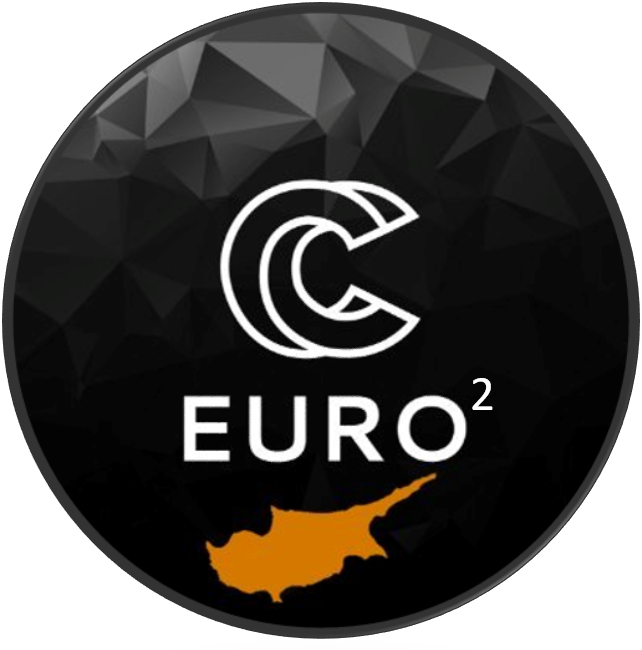Date: Wednesday 13 – Thursday 14 September 2023
Location: The Limassol Municipal Archive, Limassol Municipal Garden

This event is part of the EuroCC2 project and the National Competence Center activities and is co-organised with the Limassol municipality.
Agenda
Wednesday 13 September 2023
- 14:00-14:15 – Opening remarks.
Speaker: Dr Myrianthi Hadjicharalambous. - 14:15-15:15 – Large Language Models – How they work and what we do not understand about their emergent properties
Speaker: Professor Constantine Dovrolis. Description - 15:15-15:30 – Break
- 15:30-16:15 – Building products powered by large language models
Speaker: Dr Christos Christodoulou. Description - 16:15-16:30 – Break
- 16:30-17:15 – Enhancing Machine Learning Performance: Essential Data Cleaning and Preprocessing Techniques
Speaker: Dr Charalambos Chrysostomou. Description - 17:15-17:45 – Open discussion regarding the topics covered in the first day of the event
Chair: Dr Pantelis Georgiades - 17:45 – 18:30 – Networking and Social Event
Thursday 14 September 2023
- 14:00-14:15 – Collaborative opportunities between CaSToRC and industry
Speaker: Dr Panayiota Katsamba - 14:15-15:15 – Large-scale Generative Models: Overview, Capabilities, Limitations
Speaker: Dr Mihalis Nicolaou. Description - 15:15-15:30 – Break
- 15:30-16:30 – Trends in High Performance Computing
Speaker: Dr Giannis Koutsou. Description - 16:30-16:45 – Break
- 16:45-17:15 – Kokkos Framework
Speaker: Dr Christodoulos Stylianou. Description - 17:15-17:45 – Open discussion regarding the topics covered in the second day of the event
Chair: Mr Giorgos Costa - 17:45-18:30 – Networking and Social Event



Large Language Models – How they work and what we do not understand about their emergent properties
Speaker: Professor Constantine Dovrolis
Description: This research talk provides both a “gentle introduction” to large language models (LLMs) as well as a review of recent major research results in that area. We will discuss the mathematical underpinnings of these models, including attention mechanisms, self-attention, and positional encoding. An examination of the deep neural network architectures used, such as the multi-layered transformer architecture, will offer insight into their impact on natural language processing and other fields. The presentation will also cover the training and fine-tuning processes of these advanced models, highlighting how they enable a wide range of applications across diverse domains.
Building products powered by large language models
Speaker: Dr Christos Christodoulou
Description: This talk will discuss the development of products powered by Large Language Models (LLMs), focusing on their ability for natural language understanding and generation.
We will explain the essential stages of incorporating these models into product development, from the initial concept to final deployment.
We will talk about the role of user feedback in refining LLM-powered products, ensuring their ability to adapt to evolving user needs and market trends.
Finally, we will showcase some real-world examples of successful LLM-poweredproducts, demonstrating the transformative potential of this advanced technology.
Enhancing Machine Learning Performance: Essential Data Cleaning and Preprocessing Techniques
Speaker: Dr Charalambos Chrysostomou
Description: This session will focus on the critical role that data preprocessing and cleaning play in achieving effective machine-learning models. The discussion will highlight important aspects of data handling, from addressing missing values and identifying outliers to transforming data, scaling features, and encoding categorical variables. Through the lens of practical examples, the session aims to demonstrate how these crucial preprocessing steps can significantly enhance model performance and robustness. The content is carefully designed to accommodate all levels of technical proficiency, ensuring attendees gain a solid grasp of these essential data science techniques.
Trends in High Performance Computing
Speaker: Giannis Koutsou
Description: The talk will outline modern trends in High Performance Computing, in terms of both hardware and software, as well as the major supercomputing initiatives
Kokkos Framework
Speaker: Christodoulos Stylianou
Description: Kokkos is an ecosystem of libraries with performance portability in mind, that was initially developed by Sandia Labs and it’s part of the Exascale Project, and Trilinos. Captured directly from their documentation, the Core Kokkos package is described as follows:
- Kokkos Core implements a programming model in C++ for writing performance portable applications targeting all major HPC platforms. For that purpose it provides abstractions for both parallel execution of code and data management. Kokkos is designed to target complex node architectures with N-level memory hierarchies and multiple types of execution resources. It currently can use CUDA, HIP, SYCL, HPX, OpenMP and C++ threads as backend programming models with several other backends development.
Large-scale Generative Models: Overview, Capabilities, Limitations
Speaker: Dr Mihalis Nicolaou
Description: This talk provides an overview of large-scale generative models, focusing on the visual modality (e.g., Latent Diffusion, GANs, ViT, CLIP) – as well as their capabilities and limitations. The talk will discuss recent advancements brought on by the release of large-scale foundation models, as well as discuss some of the limitations and ongoing research efforts (e.g., in the context of explainable AI and alignment).
